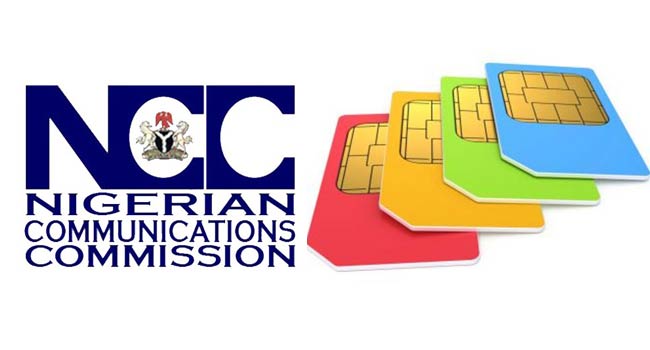Nigeria’s data consumption reached unprecedented levels in January 2024, hitting 721,522 terabytes, as reported by the Nigerian Communications Commission (NCC).
This figure surpassed the previous record set in December 2023, which stood at 713,200 terabytes.
The surge in data usage coincided with a significant rise in active internet subscriptions, totaling 161,977,883—an increase from the 156,244,368 subscriptions recorded in January of the previous year.
Breaking down the internet subscriptions, mobile subscriptions accounted for 161,504,390, while internet service providers recorded 213,876 subscriptions.
Fixed wire connections totaled 21,437, and Voice over Internet Protocol (VoIP) reached 238,180.
Despite a slight decline of 1.9 million internet users compared to December 2023, dropping from 163.8 million to 161.9 million, internet penetration remained robust at 42.53 percent. Broadband subscriptions totaled 92,195,937 million.
The data also revealed a shifting landscape in network generations, with 2G connections still predominant but a steady rise in 4G subscriptions.
In January 2024, 2G accounted for 57.78 percent, while 4G subscriptions increased from 31.33 percent in December 2023 to 31.75 percent.
Notably, 5G subscriptions experienced growth, accounting for 1.11 percent of all connections in January 2024, up from 1.04 percent in December 2023.
However, Africa’s 5G coverage rate remains the lowest globally, standing at only 6 percent as of December 2023, according to the International Telecommunications Union (ITU).
The ITU report emphasized the persistence of older mobile technologies like 2G and 3G networks in African countries, including Nigeria, citing their cost-effectiveness in delivering essential mobile services, particularly in regions with limited access to 4G and 5G networks.



